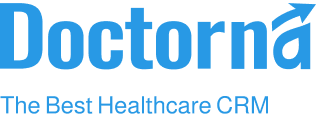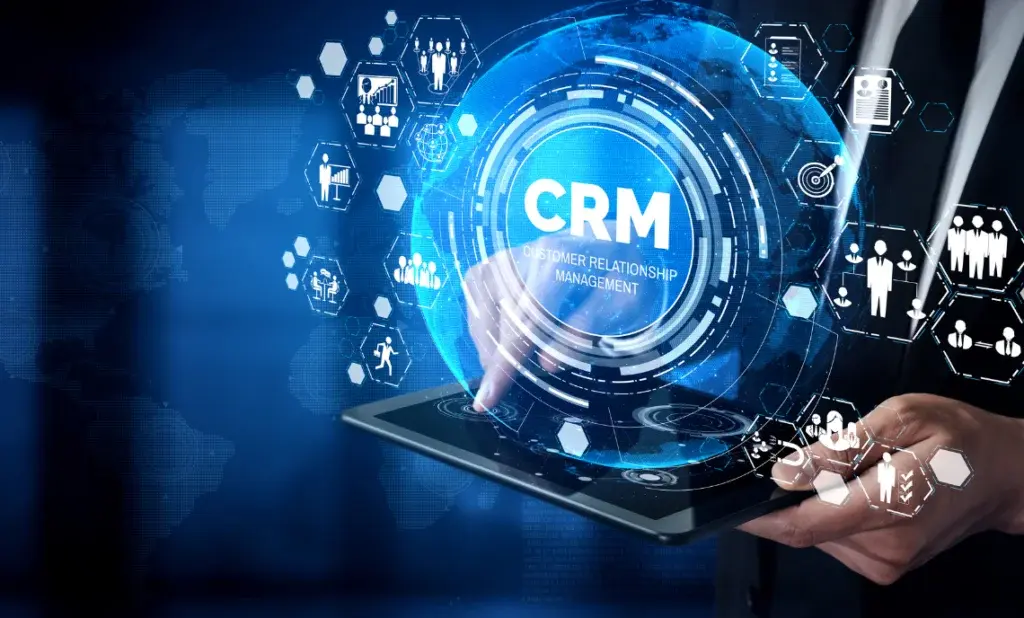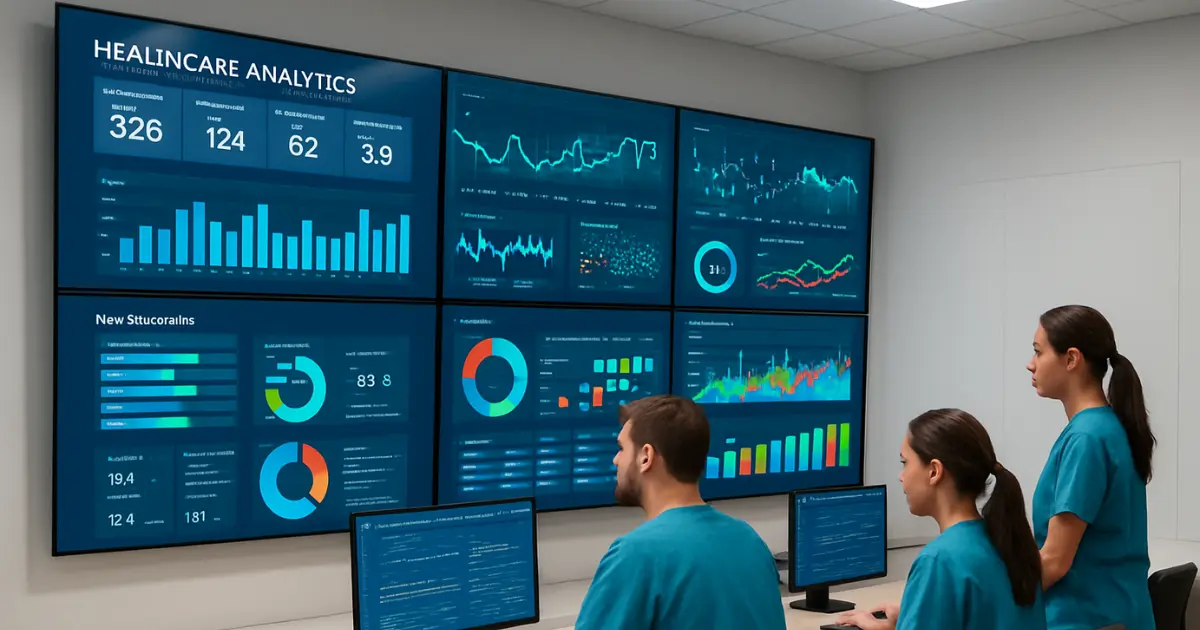In today’s digital landscape, data is one of the most valuable assets for any organization. Customer Relationship Management (CRM) systems, designed to store and manage information about clients, prospects, and internal operations, are indispensable for businesses. However, the same data that drives business growth can also be a significant liability if not properly protected. Sensitive data—including personally identifiable information (PII), financial details, and business strategies—requires robust security measures to prevent breaches, maintain compliance, and preserve trust. This makes protecting sensitive data in CRM systems a top priority for organizations across industries.
Why Sensitive Data Protection Matters
CRMs consolidate a vast amount of sensitive information in a centralized system. This includes:
- Personal Information: Names, addresses, phone numbers, and email addresses.
- Financial Data: Credit card details, transaction histories, and billing information.
- Business Intelligence: Sales forecasts, client interactions, and proprietary strategies.
A breach of this data can lead to severe consequences such as financial loss, regulatory penalties, reputational damage, and legal liabilities. According to recent reports, cyberattacks targeting CRM systems have increased steadily, making proactive protection strategies essential. Safeguarding this data is not just about compliance—it’s about maintaining the trust and confidence of customers and partners.
Key Strategies to Protect Sensitive Data in CRM Systems
Protecting data in a CRM system involves a combination of technology, processes, and human awareness. Here are the key strategies organizations should implement:
1. Data Encryption
Encryption is the cornerstone of CRM data security. By converting data into a coded format, encryption ensures that unauthorized users cannot read the information even if they gain access to it. Modern CRMs offer encryption for both data at rest (stored data) and data in transit (data being transferred between systems). Strong encryption protocols such as AES-256 provide a robust layer of security against cyber threats.
2. Role-Based Access Control (RBAC)
Not all employees need access to every piece of data. Role-Based Access Control allows administrators to assign permissions based on job responsibilities, limiting access to sensitive information only to those who need it. For example, a marketing associate may access contact information but not financial records. RBAC reduces internal risks and ensures accountability for every interaction with the CRM.
3. Multi-Factor Authentication (MFA)
Passwords alone are no longer sufficient to protect sensitive data. Multi-Factor Authentication adds an additional layer of security by requiring users to verify their identity using multiple factors, such as a password plus a one-time code sent to their mobile device. MFA drastically reduces the likelihood of unauthorized access, even if login credentials are compromised.
4. Regular Data Backups
Data loss can occur due to hardware failure, cyberattacks, or human error. Regular backups of CRM data ensure that information can be restored quickly in the event of a disruption. Ideally, backups should be stored securely, encrypted, and tested periodically to confirm data integrity.
5. Secure Integration and API Management
Many CRMs integrate with other business systems, such as marketing platforms, ERP software, and email services. These integrations can create vulnerabilities if not managed securely. Organizations should enforce strict API security protocols, limit data sharing to necessary endpoints, and monitor all integration activity to prevent unauthorized access.
6. Continuous Monitoring and Audit Trails
Continuous monitoring helps detect suspicious activities and potential security breaches in real time. CRMs equipped with audit trail functionality can track who accessed or modified data, when, and from which location. This transparency not only helps in identifying breaches quickly but also supports compliance with regulations like GDPR, HIPAA, or CCPA.
7. Data Minimization and Anonymization
One effective way to reduce risk is to store only the data that is necessary. Data minimization limits exposure in case of a breach. Additionally, anonymizing sensitive data for analytics, reporting, or testing purposes can prevent misuse while still enabling businesses to derive insights from their CRM.
8. Employee Training and Awareness
Even the most advanced security measures can fail if employees are unaware of best practices. Regular training sessions on password management, phishing threats, and proper handling of sensitive data are critical. Employees should understand their role in protecting CRM data and the potential consequences of negligence.
Best Practices for Long-Term CRM Data Security

- Choose a Secure CRM Platform: Ensure your CRM provider follows industry standards for encryption, compliance, and cloud security.
- Keep Software Updated: Apply regular updates and patches to fix vulnerabilities and maintain optimal security.
- Develop a Data Governance Policy: Clearly define rules for data access, sharing, and retention.
- Implement Incident Response Plans: Have a predefined plan for responding to breaches, including notification procedures and mitigation steps.
- Regular Security Audits: Periodically audit the system to identify vulnerabilities and ensure compliance with security policies.
The Role of Advanced Technologies
Emerging technologies such as Artificial Intelligence (AI) and machine learning are enhancing CRM security. AI can detect unusual patterns of access or data usage, flagging potential breaches in real time. Blockchain technology is also being explored for creating tamper-proof, decentralized data storage, which can further secure sensitive CRM information.
Conclusion
Protecting sensitive data in CRM systems is critical for maintaining business integrity, compliance, and customer trust. By combining technological safeguards—like encryption, MFA, and role-based access—with strong governance policies, employee training, and continuous monitoring, organizations can significantly reduce the risk of data breaches. As cyber threats evolve, adopting proactive and layered security strategies ensures that CRM systems remain a safe and effective tool for managing customer relationships.
In an era where data breaches can have devastating consequences, safeguarding sensitive CRM information is not just an IT responsibility—it is a strategic business priority that impacts every facet of an organization.







